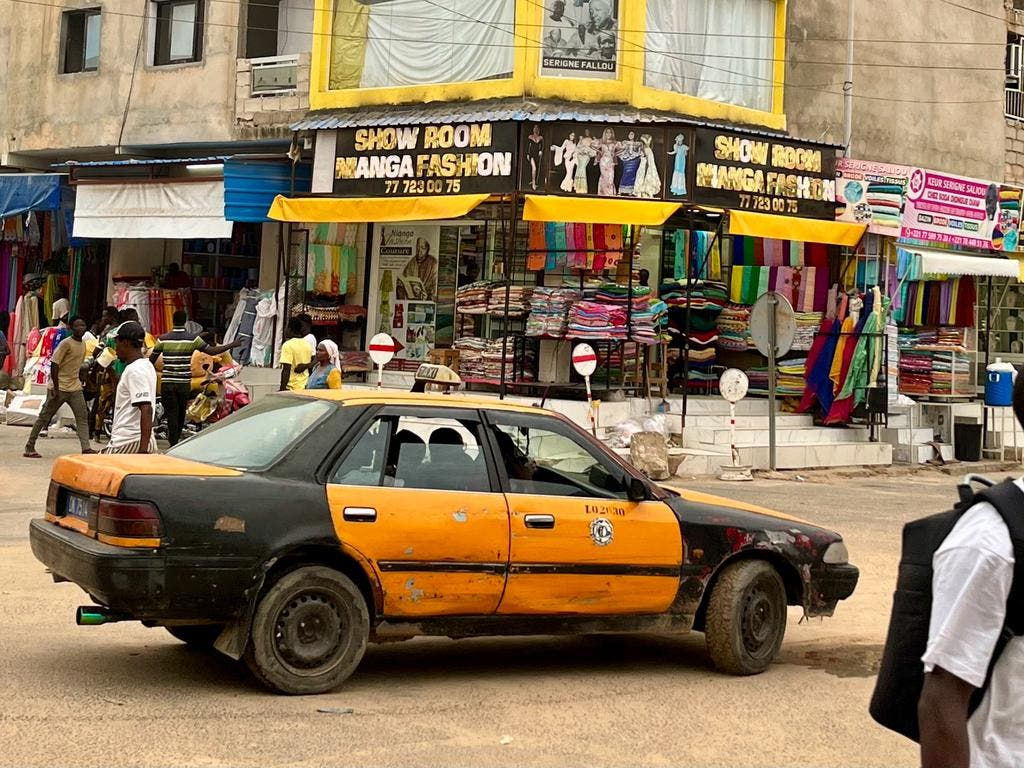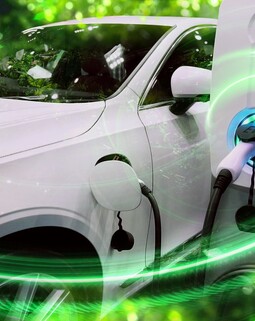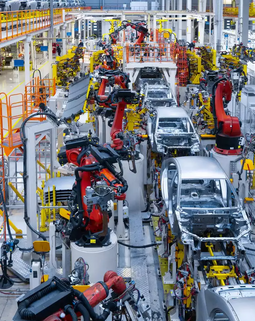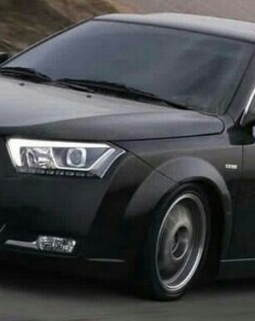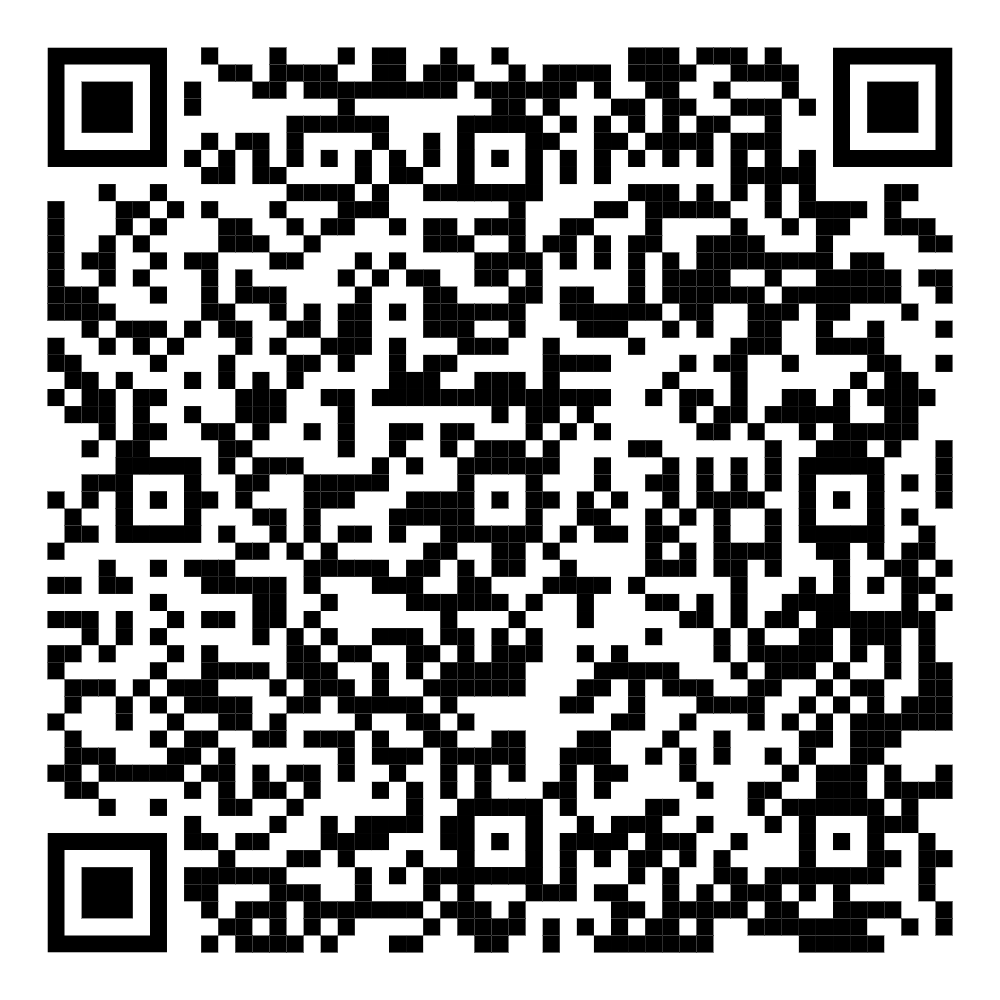"M’Bay," meaning to cultivate in Wolof, reflects the mission of "Mbay Mobility" in Senegal—to cultivate and grow the green mobility sector in West Africa. This comprehensive review delves into Mbay Mobility's pioneering efforts to lead the electric car sector in Senegal and the broader West African region, which is still in the early stages of electric vehicle (EV) adoption.
Comprehensive Ecosystem Approach
Mbay Mobility adopts a holistic perspective, collaborating with key stakeholders such as insurance firms, banks, government bodies, international donors, and garages in Senegal. The aim is to revolutionize the entire mobility ecosystem by addressing challenges and opportunities in tandem.
Initiatives and Collaborations
Mbay has taken significant strides in collaborating with stakeholders to promote electric mobility. Notably, it curated a comprehensive e-mobility-focused insurance package and received a 75,000 euro grant from the Netherlands for executing a maintenance training program for technicians. Collaboration with the Senegalese Ministry of Education and SolarTaxi Ghana facilitated the successful implementation of the training program.
Government Partnership for Incentives
Mbay collaborates with the government and partners to explore strategies for incentivizing the adoption of electric mobility. The focus is replacing the high 70% import tax with post-use taxes, encouraging EV adoption, and generating user savings.
Addressing Air Pollution and Carbon Emissions
Mbay tackles two critical issues—air pollution and carbon emissions—arising from aging internal combustion vehicles in congested cities. Dakar's roads, dominated by low-quality fossil fuel-consuming vehicles, contribute to 2.2 million tonnes of CO2 emissions annually, with a social cost of $97 million. Mbay emphasizes the urgent need to mitigate these environmental and health impacts.
Electric Taxis: A Key Solution
Recognizing the contribution of aging taxis to pollution, Mbay targets the taxi industry, importing and retailing electric cars tailored to local needs. Electric taxis promise substantial savings for owners, improved working conditions for drivers, and enhanced comfort and security for passengers.
Adaptations for Local Context
Mbay's electric cars boast adaptations for the local context, featuring higher ground clearance for non-paved roads and domestic plug charging to overcome infrastructure constraints. With a range of about 250 km, these EVs align with the daily requirements of Dakar's taxis, covering an average of 175 km per day.
Economic Benefits for Taxis
Mbay calculates that electric taxis will yield significant savings—approximately $33 per day—due to lower "fuelling" costs and reduced servicing expenses. This translates to about $12,000 in annual savings per car and an impressive $150,000 over the vehicle's lifecycle in the taxi industry.
Financial Incentives and PayGo System
To facilitate entry into the electric car market, Mbay collaborates with financial institutions to offer financing packages. Introducing a geolocation and immobilization software package adds a PayGo function, reducing bank payment risk and enabling affordable financing for electric vehicles.
Future Outlook
Mbay Mobility's initiatives contribute to reducing air pollution and present an economical and sustainable solution for the taxi industry. As the green mobility pioneer in Senegal, Mbay sets the stage for broader EV adoption in West Africa, marking a significant step toward a cleaner, more sustainable transportation future.


